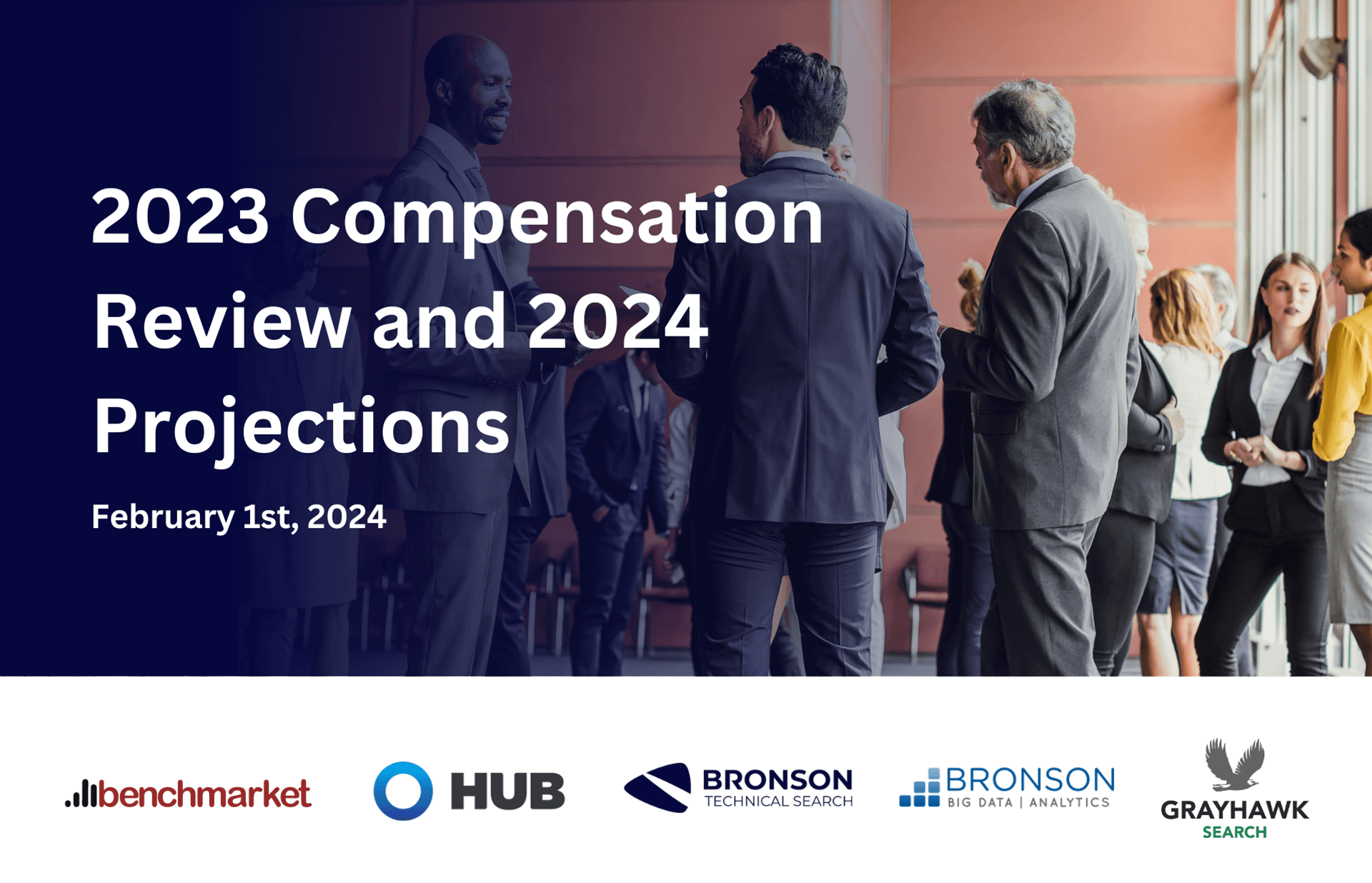
Artificial Intelligence (AI) impacts our lives in more ways than we know. Algorithms are replacing automated tasks from the way we live, travel and work. The world of HR is no exception and AI introduces benefits and challenges. To enjoy the benefits of AI while minimizing the risks, it is essential to understand the best practices for incorporating it into your organization’s processes. With the onset of 2023, it is estimated 97 million new jobs will be created. As a result, there have never been more applicants and the shift to remote working has removed many geographical barriers along with ongoing education and training possibilities.
Benefits of AI in recruiting
In the HR world, one of the main benefits of AI’s use is its ability to automate certain tasks. AI can a play a role in the various steps of the job process from writing job ads, initial screening/matching of resumes and interview scheduling which can save time and resources. Recruiters can reportedly spend up to 30 hours a week trying to source talent, so automating these tasks can be a benefit as it leaves recruiters with more time for human centric activities.
Challenges of AI in recruiting
An interview is a conversation between the candidate and the hirer. This relationship requires the transfer of information and trust. AI can a play a role in various steps of the job process but relying solely on AI can have its challenges. One high-profile example is the case of Amazon in 2018, where it was discovered that the company’s AI-powered recruiting tool was biased against women. This was because the tool used data from resumes submitted to the company over the previous decade, and most of these resumes were from men. As a result, the algorithm was less likely to recommend resumes from female candidates.

An algorithm should never be able to auto reject any applicant.
This highlights the potential pitfalls of using AI in HR and recruiting. AI systems can only be as unbiased as the data they are trained on. If the data is biased, the AI system will likely be as well. Additionally, AI systems may not be able to fully replicate the judgment and expertise of a human recruiter. To ensure that candidates are treated fairly, and the right decisions are made, it’s important to have human professionals involved in the process. Human professionals can also provide the personal touch and nuance that is difficult for AI systems to replicate.
Best Practices of AI in recruiting:
-
Carefully consider the data being used to train the AI system and be aware of the potential biases that may be present.
-
Ensure there is human oversight and input to foster right decisions.
-
Use AI to augment, rather than replace, human decision-making.
By following these best practices, organizations can make the most of the benefits of AI while minimizing the risks.
AI’s role in the HR world will only increase in the future. It’s important to remember humans are best with dealing with humans. AI will undoubtedly help professionals, but not replace them.




